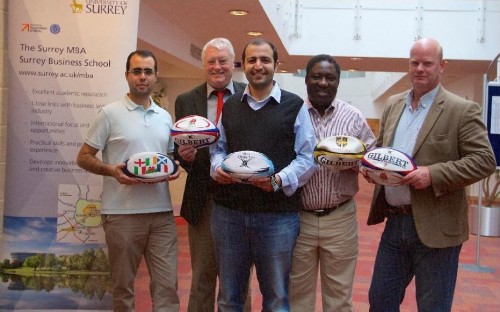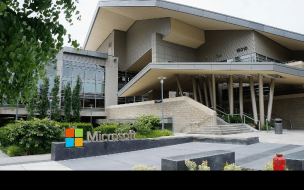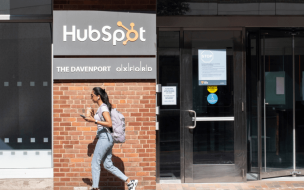Adil Aacher, Firas Alotaibi, Viet Tuan Vu and Akutukumbo Afikuyiomi visited Kigali, Rwanda in June 2013 on behalf of Touraid to develop a strategy for the Rwandan Rugby Federation (RFF). Adil reports on their experiences.
Touraid is a children’s charity set up by Surrey Business School MBA graduate Andy Berry. He approached the b-school to see if any current MBAs would be interested in working with his organisation on a live business project.
Firas, Viet, Akutukumbo and I had to produce a strategy for the RFF which would help them to raise awareness of the spot of rugby in Rwanda, encourage more people to participate and in turn promote reconciliation between tribal groups in the region.
The physical, psychological and economic effects of the 1994 Rwandan genocide are still felt today, and to prevent this violence from reoccurring it is vital that children from the Tutsi and Hutus tribes leave the racial conflict in the past, and focus on building a future for Rwanda.
The RRF supports Touraid’s goal of spreading the key messages of reconciliation by unifying children from different tribes through rugby, a sport where teamwork, respect and sportsmanship are essential values.
However, the Union’s lack of funding has hampered its ability to effectively communicate the benefits of rugby and increase participation in the sport.
During our visit I was shocked that the President of the RFF, the national coach and the country’s players told me about their union’s poor financial situation, its lack of equipment and limited presence outside Kigali, the capital city of Rwanda.
Rugby has a very low profile in the East African country, so sponsors preferred supporting more popular sports such as soccer. Without financial support, the RFF could not expand nationally and reach the children that are most in need.
We identified several groups and individuals that were helping to raise the profile of rugby in Rwanda in addition to Touraid; the UMUBANO project led by the UK’s Conservative Party, Friends of Rwandan Rugby and David Hughes, a volunteer charity worker from Hong Kong.
These stakeholders brought experience and expertise to the Rwandan rugby scene, but they were not working together to raise participation.
We produced an action-plan which united all of the stakeholders, creating a more powerful force of change in Rwanda.
To raise awareness of rugby in the region, we recommended inviting popular personalities from the world of rugby to give speeches about the sport and host exhibition matches in Rwanda. This would add more prestige and value to rugby in the country, by showing how successful it has made sportspeople from other countries.
We had ambitious plans for communicating the benefits of the sport, but funding and equipment was vital to secure the RFF’s future. We realised that volunteers from the UMUBANO project could financially support the growth and development of the RRF.
UMUBANO offers business and financial skills’ training and fundraising workshops throughout Rwanda. We feel that the union leaders have the adequate skills to promote rugby in Rwanda, but this type of strategic financial advice is just what they need.
We also recommended that the RFF, in collaboration with Touraid and Friends of Rwandan Rugby, coordinate a regular shipment of jerseys, balls and sports-shoes from the UK to Rwanda.
Volunteering business skills abroad brings diverse challenges, and the main difficulty facing us was the language barrier. Although English is one of the official spoken languages in Rwanda, most of the population use the local dialect, Kinyarwanda, and French.
Being able to communicate clearly with locals is essential; my multilingual abilities were an asset to the group. As a French speaker I could act as a translator and prevent misunderstandings.
After returning to the UK, we wanted to ensure that the drive to promote awareness of rugby in Rwanda did not lose momentum, so we advised the charities to hold regular meetings to provide a steady flow of ideas which support the RRF’s strategy.
We have also suggested that Surrey Business School sends a few students from the MBA programme to Rwanda once a year to ensure the strategic plan is being implemented.
Overall, I believe the strategy planning project was highly worthwhile for personal and professional reasons.
We were excited to get involved in the project, and willing to invest our time and resources into it, because we knew it could help resolve important social issues in Rwanda. As international students, we could draw on our practical business experience from different countries and fields, which was also a great learning experience.
RECAPTHA :
83
b8
28
bb







